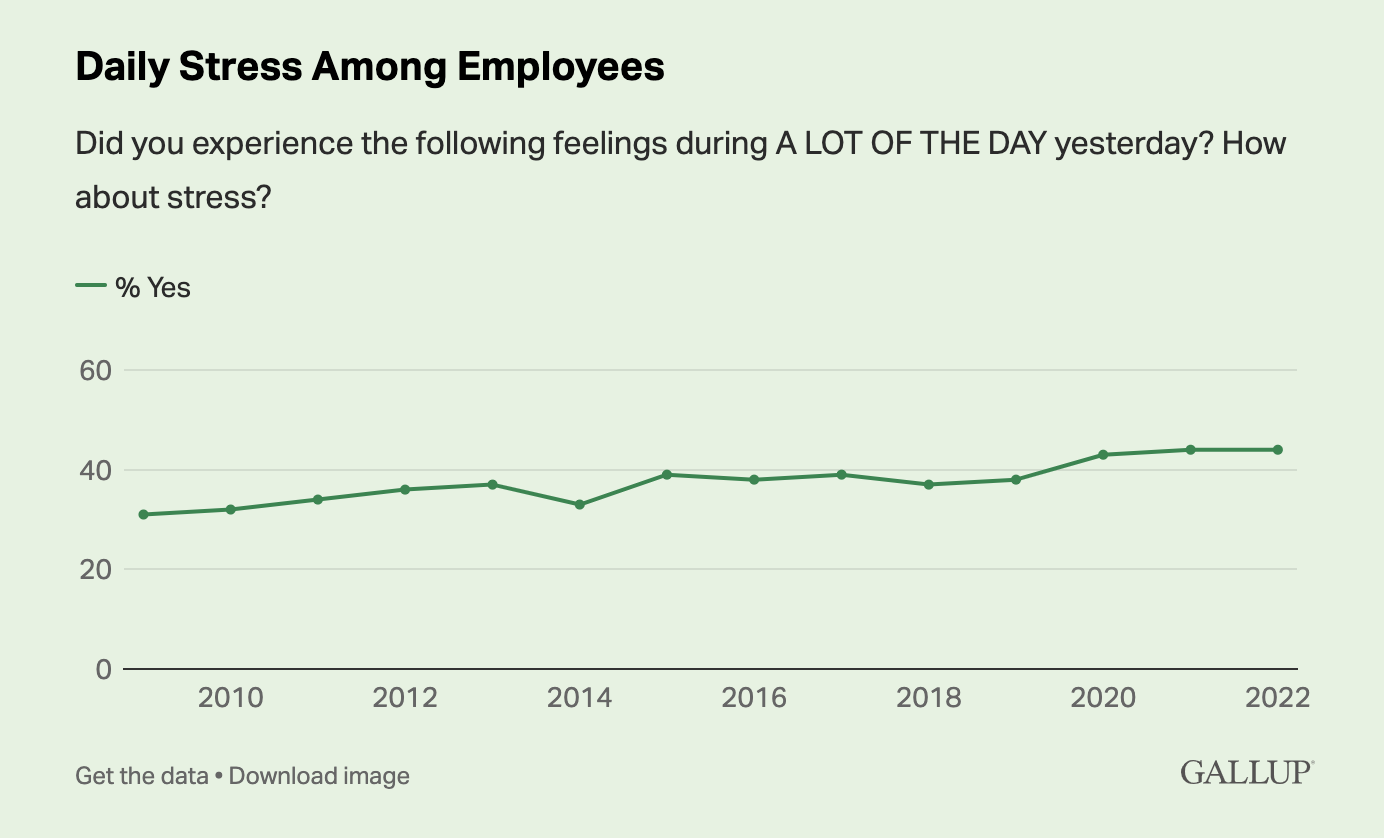The real and surprising role of purpose in your conservation careeR
Discovering Personal Purpose in the Mission-Driven Sector
As individuals immersed in the conservation and sustainability sector, we often find ourselves engrossed in the central mission of our organizations: clean air, clean water, healthy ecosystems, and a sustainable future. When asked about our purpose, we often begin by highlighting the vital work we do collectively. But what about our own personal purpose within this greater mission?
"I work for an organization with an imperative mission, yet I'm not feeling that profound sense of purpose myself."
"I recognize the critical nature of my work, but I struggle to see how I fit into the grand scheme and whether I'm truly making an impact."
Do either of these sentiments resonate with you?
The Nexus of Purpose and Mission
In the realm of conservation or mission-driven organizations, the issues we tackle — climate change, biodiversity loss, environmental equity — are undeniably significant. Our dedication to these issues runs deep. We've chosen a path aligned with our passion and convictions.
However, the day-to-day reality often differs from our envisioned ideal. Most of us aren't regularly trekking through jungles or paddling down rivers, directly experiencing the environments we tirelessly endeavor to safeguard. Instead, our efforts often unfold through emails, meetings, and routine tasks that compose our workdays.
In essence, working in the conservation sector sometimes poses a challenge in staying closely connected to the broader missions that inspire us. But anchoring purpose isn't contingent on being physically immersed in nature. It hinges on our ability to drive meaningful change within our daily actions. That's where our individual purpose lies.
Purpose, Burnout, and Engagement
Those who embarked on journeys in the conservation, environmental, or sustainability field were initially ignited by the profound importance of safeguarding our planet. This spark propelled us into these sectors, prompting us to dedicate our careers to the cause.
However, as time progresses, familiar feelings emerge:
Monotony in daily tasks
Burnout from persistent stress
A sense of inadequacy or ineffectiveness
Diminished enthusiasm for once-passionate roles
According to a June 2021 Gallup analysis, 74% of employees experience job-related burnout at least occasionally. This trend isn't solely a reaction to COVID-induced stress; it has been on the rise for over a decade.
Today, burnout is pervasive, particularly in sectors rooted in social and environmental causes. How does this relate to purpose? It's interlinked in fundamental ways.
Extensive workplace studies underscore that combating burnout entails fostering greater engagement. And deep engagement correlates with a sense of purpose.
Finding Purpose in the Everyday
Engagement, fulfillment, and impact flourish in the everyday tasks that constitute our work lives. The journey starts with a self-examination of our day-to-day endeavors:
How do I genuinely drive impact?
Where do my contributions excel?
When am I most profoundly engaged?
In what scenarios do I feel empowered?
As you reflect, focus on your specific daily activities:
How do I foster and sustain relationships, both internally and externally?
How do I engage with data and information? Am I an analytical thinker, an idea generator, a strategic planner?
How effectively do I execute tasks? Am I a problem solver, a planner, an implementer?
How do I influence others? Am I skilled in project initiation, team collaboration, or networking?
Turning Insight into Practice
Addressing these questions unveils where you wield impact and thrive. It sheds light on moments of deep engagement and strength within your role. From there, consider crafting purpose statements:
Rather than: "My team is combating Amazon deforestation," embrace: "I excel at dissecting data to uncover deforestation's biodiversity impact."
Shift from: "My organization champions clean water," to: "I adeptly connect with local communities, addressing their water concerns with resources."
Transition from: "We urgently need fossil fuel policies," to: "I adeptly engage experts, distilling complex policy issues for effective solutions."
Evolve from: "My sustainability team is great," to: "As a manager, I empower project management and high-quality outcomes."
This reframing stitches purpose into your work. It acknowledges your diverse strengths, potentially yielding multiple purpose statements.
The Bigger Picture and Your Next Steps
In the conservation and sustainability sector, our efforts are pivotal. Impact isn't limited to preserving crucial landscapes or creating legal and policy frameworks that finally protect clean air and water; it thrives within emails, tasks, and meetings, shaping our world. To blend crucial work with a profound sense of purpose, scrutinize where your brilliance lies. Then, wholeheartedly embrace and infuse this into your daily professional presence.
Remember, you're not clocking in to merely tackle tasks. You're entering to incite change. Your canvas is engagement, your medium is action, and your masterpiece is purpose.

